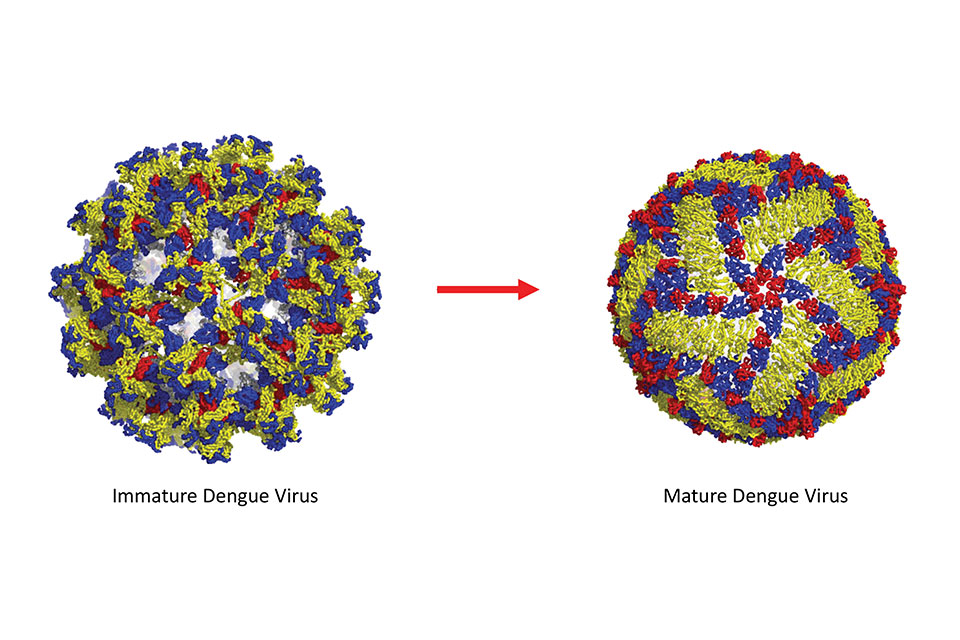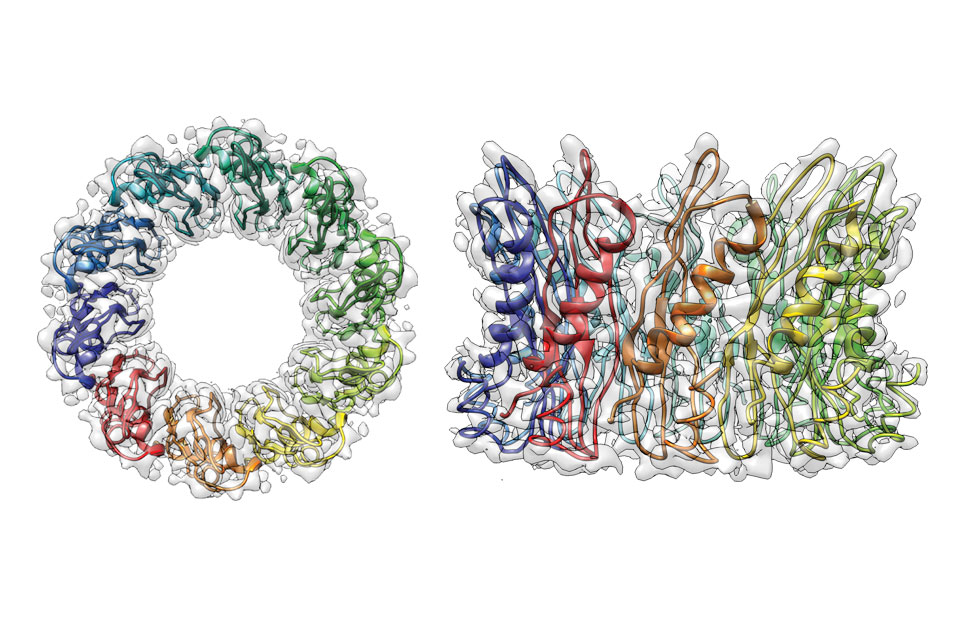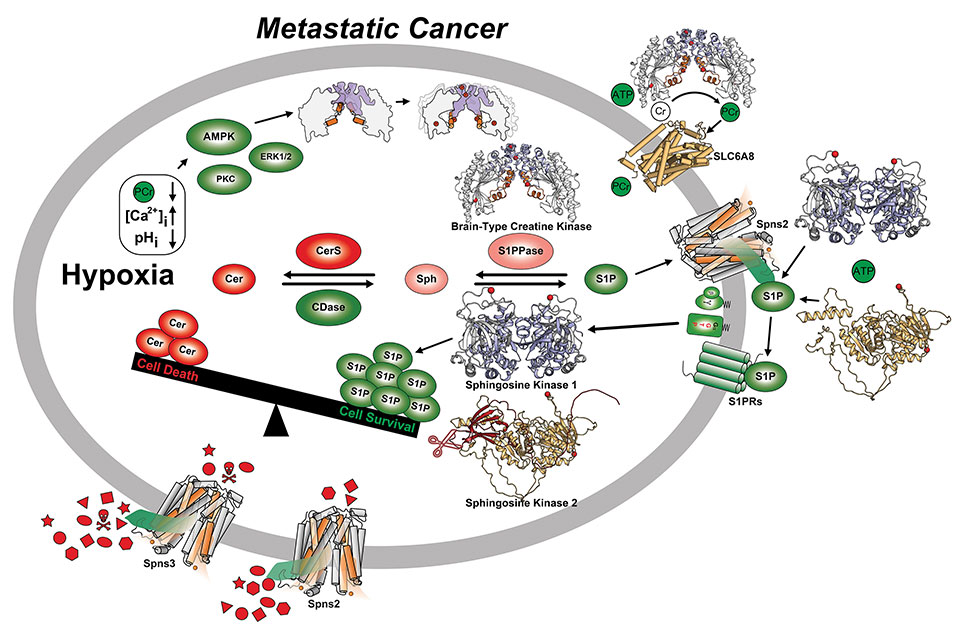Basic Science: The Building Blocks of Powerful Discoveries
Truth is uncovered in many ways—and basic science research is one of the most effective methods of revealing new truths. At the Saint Louis University School of Medicine, a team of researchers are opening doorways to medical breakthroughs by studying the underlying science in intricate detail.
A Focus on Virology
Long Ping Victor “Vic” Tse, Ph.D. assistant professor of molecular microbiology and immunology, has studied virology and gene therapy his entire career. Since joining SLU in August 2022, Dr. Tse’s lab has focused its research on coronavirus, dengue virus, and influenza virus.
“I am interested in studying viruses, trying to make them less pathogenic, and then using the virus in medical applications (such as attenuated vaccines and gene therapies),” says Tse. Tse hopes to translate his research findings into a potential cure—particularly for dengue virus, an illness that is rapidly becoming more widespread due to climate change and the proliferation of mosquitos in previously unaffected countries.
“We cannot be short-sighted,” says Tse. “I put quite a lot of my focus on developing a dengue virus vaccine—because as a young scientist, I want to be a part of the solution before another catastrophic event happens.”
As Tse expands his lab at SLU, he is prioritizing collaborations with other young researchers. “Science needs diverse perspectives with many voices contributing to advance research forward and make progress,” says Tse.
Supporting the Next Generation
Edwin Antony, Ph.D., professor of biochemistry and molecular biology, focuses his research on how enzymes function in DNA repair.
“Your cells have billions of base pairs of DNA, and every time they replicate, an accurate copy must be generated,” says Dr. Antony. “However, if the base pairs of DNA are not replicated correctly, you end up with all sorts of cancers and associated genomic instability syndromes.”
Antony is committed to furthering education at SLU by including a diverse mix of researchers in his lab. “We have one or two high school students in the lab each summer,” says Antony. “I believe it is extremely important—they’re learning what research is and what they can accomplish.”
Metabolism and Obesity Research
Vincenza Cifarelli, Ph.D., assistant professor in the Department of Pharmacology and Physiology, joined the School of Medicine in February 2022 to investigate how the vascular and lymphatic endothelium contribute to metabolic health and tissue inflammation.
“I’m interested in understanding how lipid metabolism regulates vascular and lymphatic endothelial cell biology and whether changes in the metabolic milieu impairs function of these cells contributing to endothelial dysfunction, inflammation and tissue damage,” says Dr. Cifarelli.
As a young investigator, Cifarelli is grateful to the School of Medicine for the opportunity to open her own laboratory and establish her research program. As she studies how the endothelium affects health, she leverages a combination of approaches in both basic and translational research: cell lines, genetics model of disease, and individuals who are obese.
“Having the support from SLU is rewarding,” Cifarelli says. “I’ve seen a lot of focus on supporting junior faculty and providing resources and mentorship that can really make a difference in our careers.”
Investigating Cancer Cells
Reza Dastvan, Ph.D., assistant professor of biochemistry and molecular biology, concentrates on the molecular mechanism of metastatic cancer cell survival—a path of inquiry that could have wide-reaching implications for the future of chemotherapy and cancer treatments.
To propel this research forward, Dr. Dastvan was awarded an R37 MERIT Award from the National Cancer Institute, which will fund his work for the next seven years. “By understanding these survival mechanisms under low oxygen conditions and the regulation of the proteins involved, we can design inhibitors to reverse these processes and help find a cure,” Dastvan explains.
The ultimate goal is to bridge these basic research studies that elucidate mechanism with translational research by testing the key conclusions in model organisms.
As a member of the the School of Medicine since December 2019, Dastvan is proud to be part of the community. “SLU is a wonderful place to work,” he says. “If you aim high, you can achieve high. I’m lucky to be here.”


